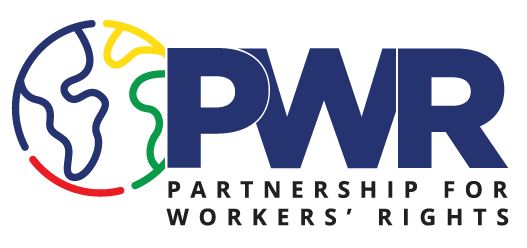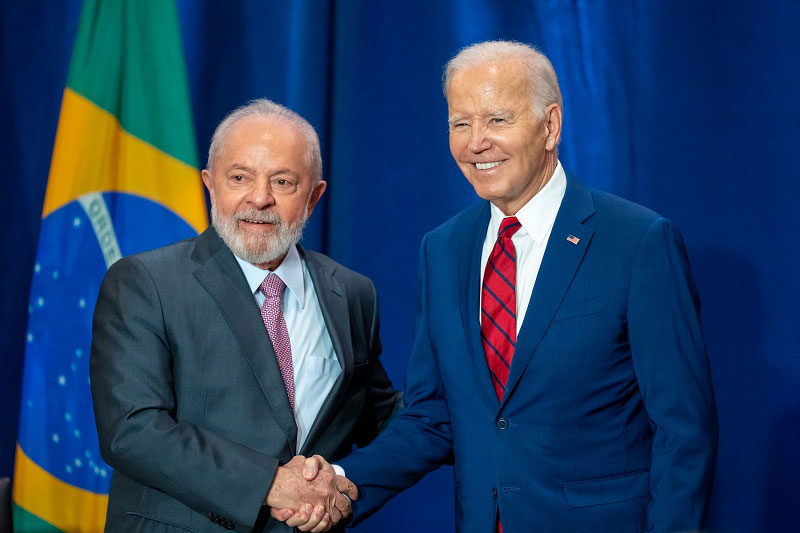
The Partnership for Workers’ Rights (PWR) is a global initiative to advance the rights of working people. President Joe Biden and Brazilian President Luiz Inácio Lula da Silva jointly announced PWR in September 2023.
In its first year, PWR will focus on six priority areas:
- Empowering Workers
- Combating Forced Labor, Including in Supply Chains
- Countering Discrimination in the World of Work
- Mainstreaming Decent Work into Climate Change Policy Leading a Global Campaign to Address Workplace Heat Stress
- Supporting Decent Work Related to Investment Standards
PWR builds on decades of cooperation between the U.S. and Brazil on labor and employment matters. This partnership also engages with unions and employers, in addition to the International Labor Organization (ILO).
Joint Action: Protect Workers from Extreme Heat!
In July 2024, Brazil and the U.S. launched a campaign to urge global collaboration to protect workers from extreme heat at the G20 Labor and Employment Ministers’ Meeting in Fortaleza, Brazil. This PWR campaign aims to protect more workers and spur increased action not only within the U.S. and Brazil but beyond. Lines of effort under the campaign include:
- Strengthening partnerships with workers, employers, and other governments;
- Support to build the evidence base on how best to protect workers from heat stress;
- Raising awareness about the dangers of hazardous heat exposure and relevant rights and protections; and
- Expanding international cooperation and policy exchanges.
According to the ILO, more than 2.4 billion workers are impacted by workplace heat stress, posing a risk not only to the individuals but also to their families and communities, all around the world. Heat stress increases mental strain and other accidents and illnesses at work, as nearly 20,000 lives are lost annually due to the 23 million occupational injuries attributable to excessive heat. Heat can severely affect workers' mental health, leading to increased stress, anxiety, and cognitive impairments. Progress towards establishing regulations, standards, and industry best practices to combat heat stress has been uneven across the broader international community. This disparity underscores the necessity of a global campaign to address heat-related challenges in the workplace - and the importance of strengthening worker voice to address the problem.

President Biden shaking hands with President Lula in front of the Brazilian flag. President Joe Biden and President Luiz Inácio Lula da Silva at the UN General Assembly, Sept. 21, 2023. White House photo.
Resources
What U.S.-Brazil Collaboration Means for Workers | U.S. Department of Labor Blog (dol.gov)
Joint U.S.-Brazil Statement on the Partnership for Workers’ Rights | The White House
G20 OSH Network’s Annex to the 2024 G20 Labor and Employment Ministers Meeting (LEMM)
